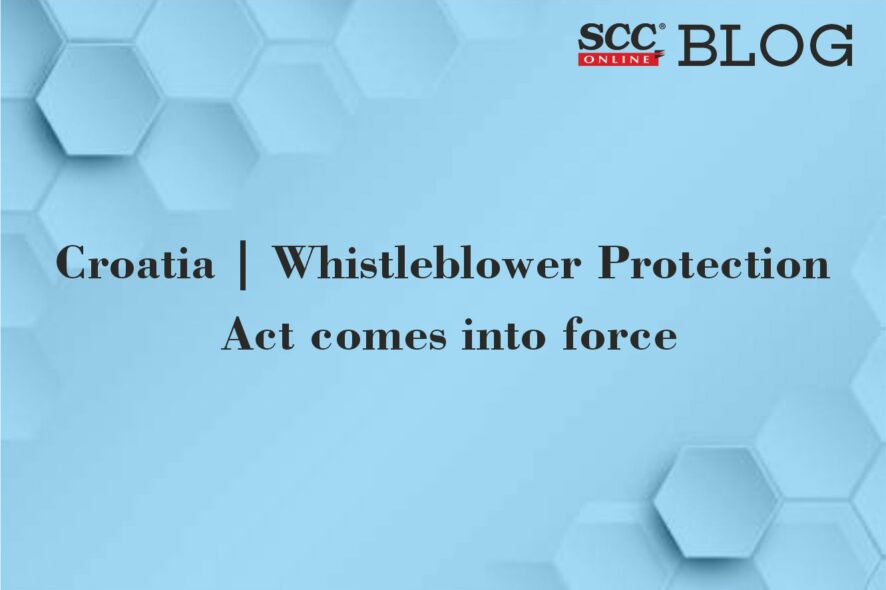On 23rd April, 2022 the new Croatia Whistleblower Law came into force. The aim of the law is to protect the whistleblowers by providing convenient and reliable ways of reporting irregularities. Back in 2019 this Act transposes into Croatian Legislation Directive European Union (EU) on the protection of persons who report breaches of Union Law (EU 2019/1937).
Key Points:
- The Act deals with the protection of whistleblower (persons who report irregularities). Basically, it refers to the areas of financial services, markets, prevention of money laundering, terrorist financing, traffic safety, environmental protection and from protection of privacy and personal data and security of network and information systems. The scope applies to areas affecting the European Union (EU) financial interests and to areas related to the internal market and state aid.
- Reports on irregularities cannot be unspecified, but the information from the reports must be available to a limited number of persons only.
- The law introduce whistleblowers’ right to legal aid, protection of identity, confidentiality, judicial protection, damages and emotional support.
- The report of irregularity may be submitted in written or oral form .Oral form include phone or voicemail, which provide more safety and written form include any form of communication that provides a written record.
- A whistleblower can directly report on irregularities through the ombudsman, without any previous internal reporting. The competent body for external reporting of irregularities is the Ombudsman.
- Confidential persons and the body responsible for external reporting shall keep records of each received report of irregularities, in accordance with the requirements regarding confidentiality.
- The Act introduces various obligations for employers with 50 or more employees must still implement internal reporting channels and is aimed at supporting, protecting and encouraging the reporting of irregularity.
- The employer is obliged to protect the whistleblower from retaliation and eliminate its consequence.
- The employer can’t take revenge or threaten to take revenge on the whistleblower.
- Public discloser without any prior internal or external reporting is permitted if the whistleblower has reasonable grounds to believe that the breach may constitute an imminent or manifest danger to the public interest or if there is a risk of retaliation in case of external reporting.
- The whistleblower in court protection proceeding related to the reporting of irregularities need not to pay any court fees.







